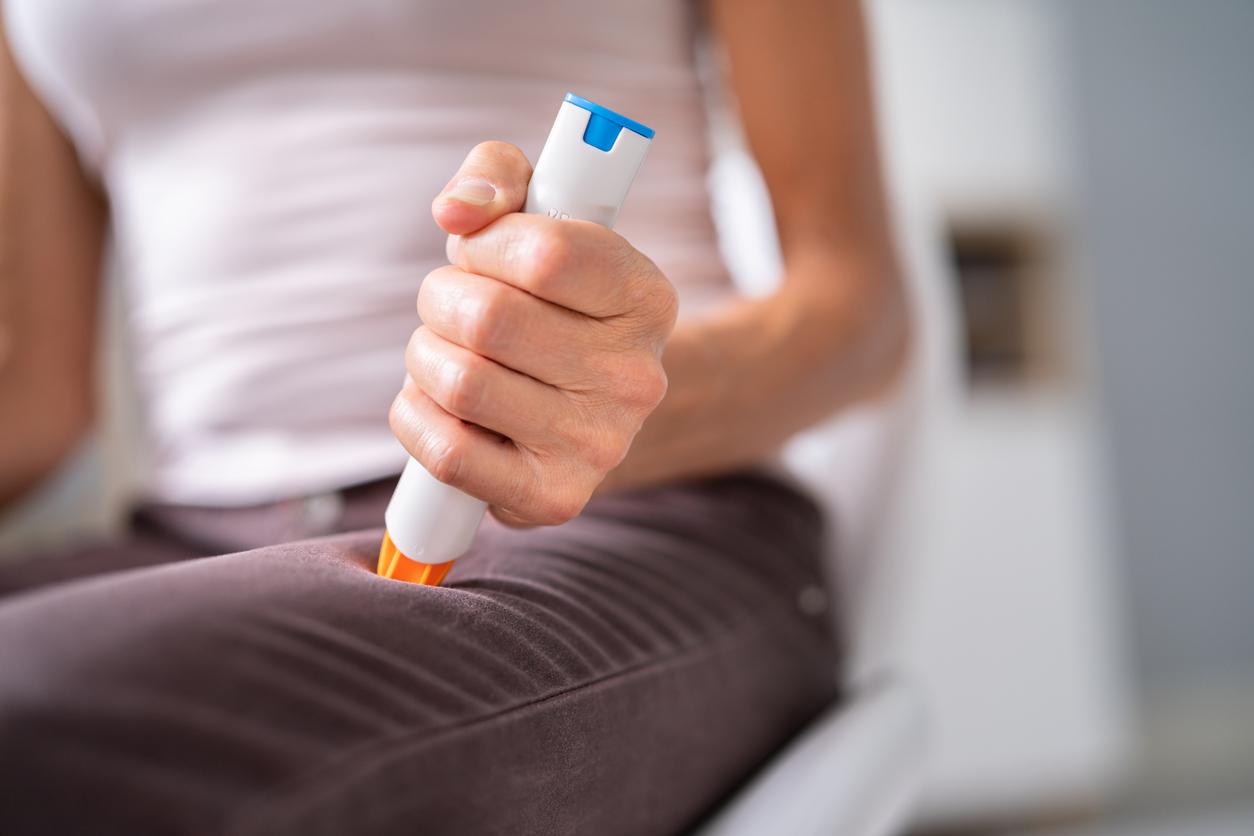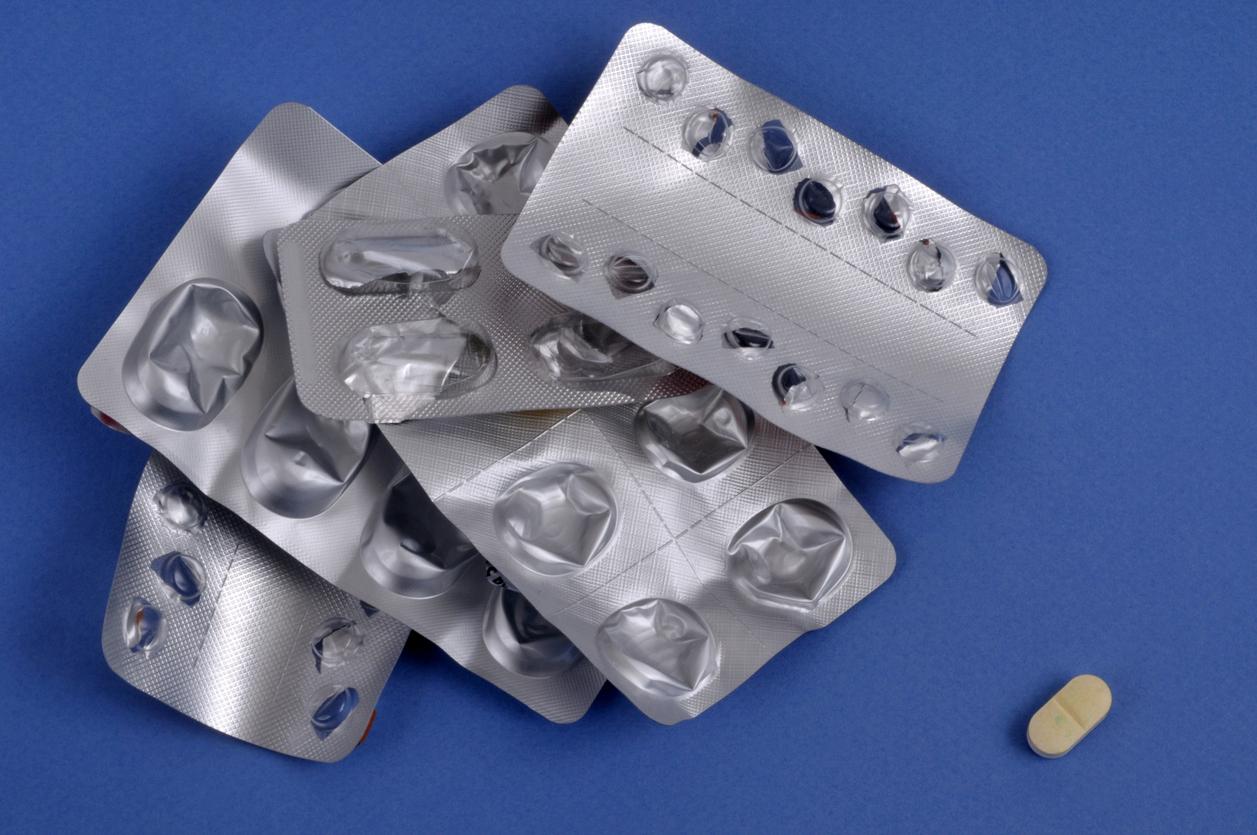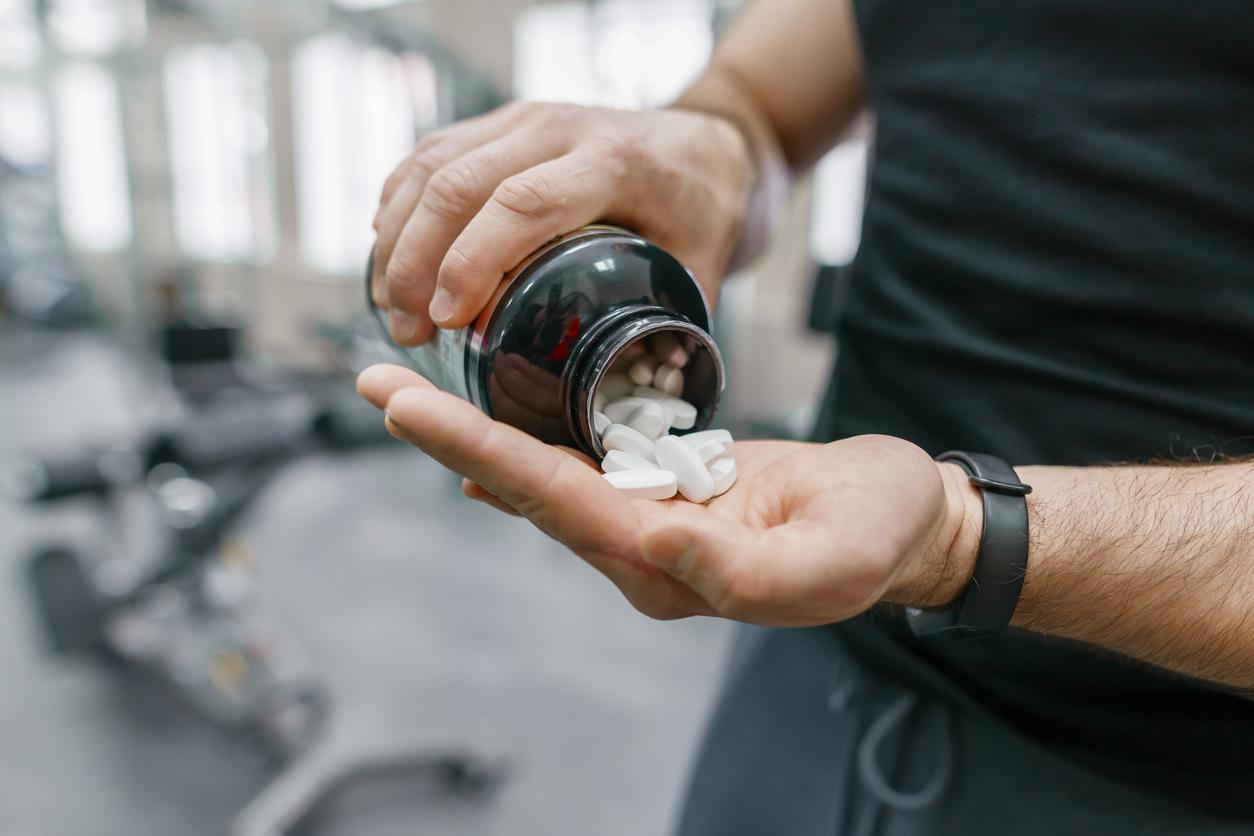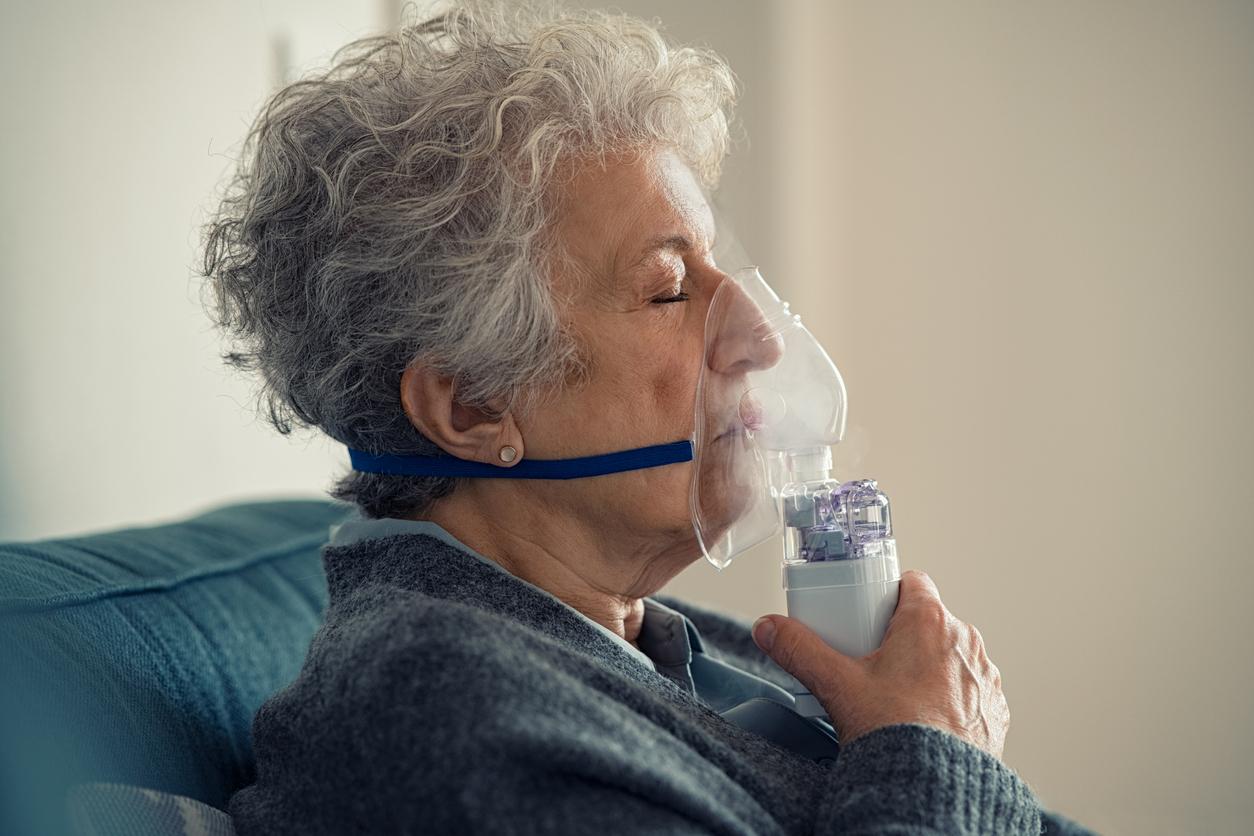Phenibut has been placed on the list of psychotropic drugs by the Ministry of Health. A measure that prohibits its production, sale and use.

- A study has highlighted a recent increase in the number of poisonings among phenibut users.
It is easily purchased online, most of the time in the form of a dietary supplement. Phenibut has been included on the list of psychotropic drugs by the Ministry of Solidarity and Health, in order to prohibit its production, sale, acquisition and use, given the serious risks for public health associated with consumption of this synthetic drug.
False drug or dietary supplement claims
False drug or dietary supplement claims are attributed to phenibut: anxiolytic, hypnotic, muscle recovery aid, sexual performance stimulant, natural weaning aid product (alcohol, opiates), etc. Its purchase is mainly done on the Internet in the form of capsules, tablets, capsules or powder, and it is consumed orally.
Why phenibut is dangerous
As this is a potentially dangerous substance, the Centers for Evaluation and Information on Pharmacodependence-Addictovigilance (CEIP-A) conducted a survey, at the request of the ANSM, which covered the period from 2007 to 2019.
This study highlighted a recent increase in the number of intoxications among phenibut users (7 cases in 2019 out of a total of 14 reports), including cases of dependence, sometimes severe withdrawal syndromes, but also more serious such as psychiatric disorders or comas. “This product is sometimes consumed in combination with other psychoactive substances”, warns the ANSM.
What are the symptoms of phenibut poisoning
The main symptoms found during phenibut poisoning are vomiting, dizziness, tachycardia, anxiety, insomnia, hallucinations as well as drowsiness and/or coma.

















